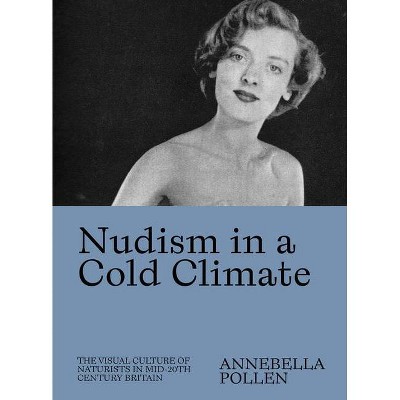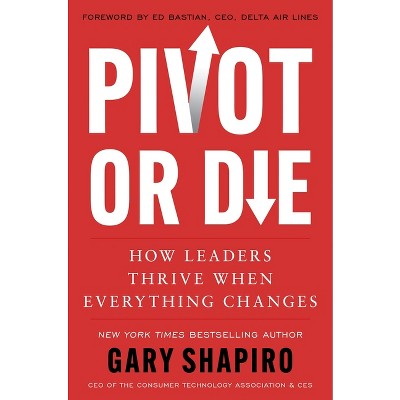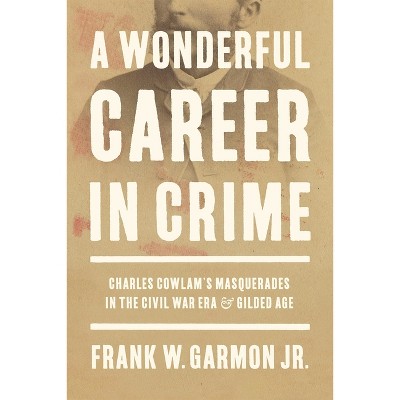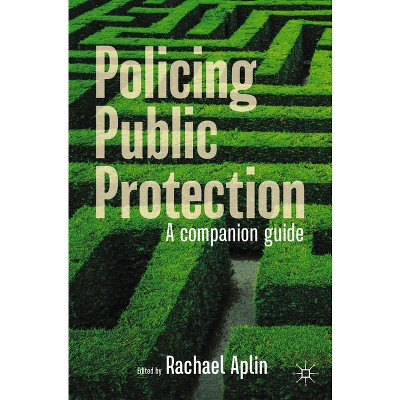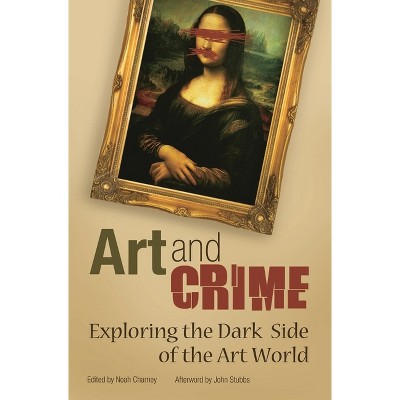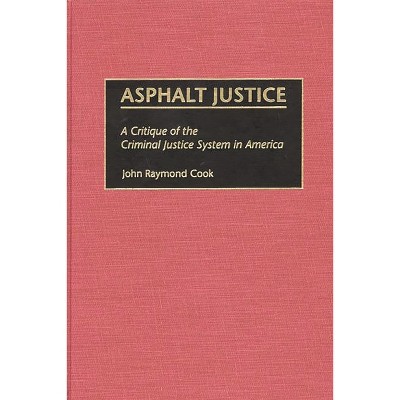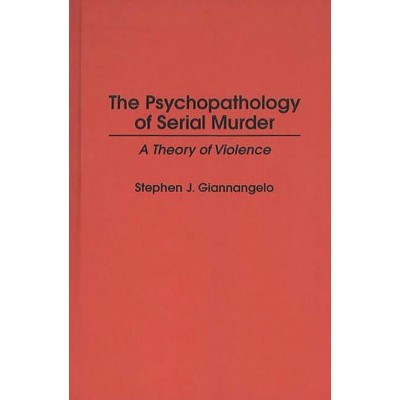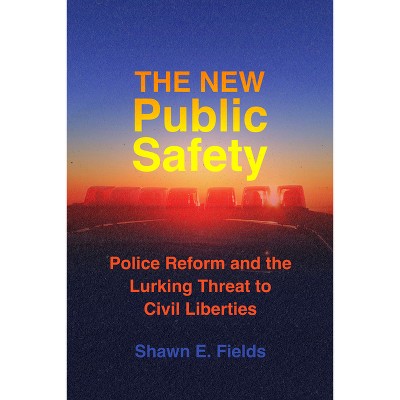Sponsored

Crime, Public Opinion, and Civil Liberties - by Shmuel Lock (Hardcover)
In Stock
Sponsored
About this item
Highlights
- Two original national surveys were conducted to examine the differences between mass and elite opinion regarding the policy making decisions of the Supreme Court in the area of criminal procedure.
- About the Author: SHMUEL LOCK is Assistant Professor in the Department of Law, Police Science, and Criminal Justice Administration at the John Jay College of Criminal Justice.
- 280 Pages
- Social Science, Criminology
Description
About the Book
Two original national surveys were conducted to examine the differences between mass and elite opinion regarding the policy making decisions of the Supreme Court in the area of criminal procedure. The results of the surveys indicate that those who have obtained a legal education are generally more protective of civil libertarian ideals. However, at times, when the Supreme Court has decided against what would be considered the civil libertarian alternative, lawyers are actually less civil libertarian than the rest of the mass public.
Among the mass public, knowledge and education did not play as prominent a role in shaping opinions as did demographic variables. The survey results indicate that divergent opinions regarding the root causes of crime account for the differences in opinion regarding police methods in apprehending potential defendants. Most surprising, and most significant, is that contrary to reports in the mass media, the mass public is relatively protective of civil liberties. Professor Lock then proposes approaches whereby the courts and the legal profession can work to develop an even more supportive mass public. A study of particular importance to students, scholars, and public policy makers in the areas of constitutional and criminal law and public opinion.
Book Synopsis
Two original national surveys were conducted to examine the differences between mass and elite opinion regarding the policy making decisions of the Supreme Court in the area of criminal procedure. The results of the surveys indicate that those who have obtained a legal education are generally more protective of civil libertarian ideals. However, at times, when the Supreme Court has decided against what would be considered the civil libertarian alternative, lawyers are actually less civil libertarian than the rest of the mass public.
Among the mass public, knowledge and education did not play as prominent a role in shaping opinions as did demographic variables. The survey results indicate that divergent opinions regarding the root causes of crime account for the differences in opinion regarding police methods in apprehending potential defendants. Most surprising, and most significant, is that contrary to reports in the mass media, the mass public is relatively protective of civil liberties. Professor Lock then proposes approaches whereby the courts and the legal profession can work to develop an even more supportive mass public. A study of particular importance to students, scholars, and public policy makers in the areas of constitutional and criminal law and public opinion.Review Quotes
?Lock presents an excellent quantitative study of civil liberties and the criminal justice system, based on two national surveys of the mass public and lawyers.... Highly recommended for college, university, and law libraries, and metro public libraries.?-Choice
?Lock's research was insightful, rigorous, and interesting. His book is a timely inquiry into public opinions regarding the rights of criminal defendants, and his research yielded a wealth of interesting and thought-provoking data....His carefully crafted questions bring a level of depth and detail to the literature on public opinion in criminal justice.?-Journal of Criminal Justice
"Lock presents an excellent quantitative study of civil liberties and the criminal justice system, based on two national surveys of the mass public and lawyers.... Highly recommended for college, university, and law libraries, and metro public libraries."-Choice
"Lock's research was insightful, rigorous, and interesting. His book is a timely inquiry into public opinions regarding the rights of criminal defendants, and his research yielded a wealth of interesting and thought-provoking data....His carefully crafted questions bring a level of depth and detail to the literature on public opinion in criminal justice."-Journal of Criminal Justice
About the Author
SHMUEL LOCK is Assistant Professor in the Department of Law, Police Science, and Criminal Justice Administration at the John Jay College of Criminal Justice./e His current research interests are in the area of public opinion regarding issues of criminal justice.Shipping details
Return details
Frequently bought together

Trending Non-Fiction






